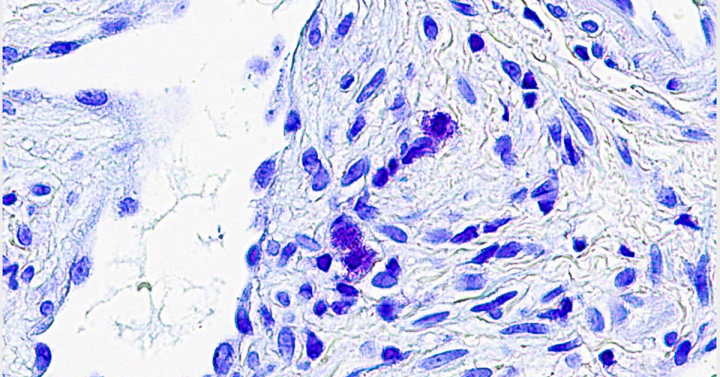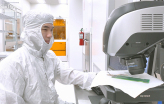New Report Shows Greater Interest in Labor Unions, Especially Among Young Workers
Business & EconomicsA new report from the University of California San Diego School of Global Policy and Strategy reveals significant changes in support for labor unions among U.S. workers.


















